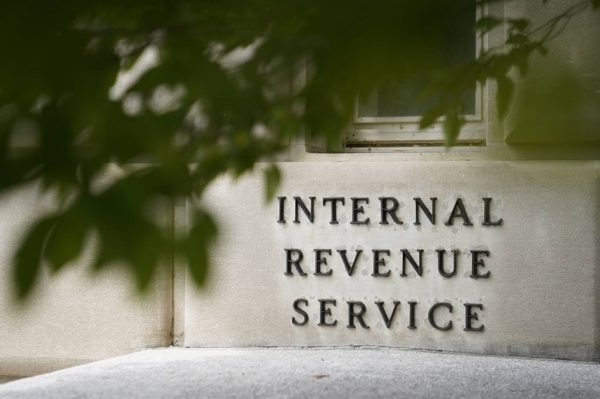The IRS Is Changing This Tax Rule for 2025
Written by worldOneFm on December 13, 2024
The IRS has announced changes for 2025—and your paychecks could be affected by the new rules. Increases to federal income tax brackets and deductions could mean that even if your pay hasn’t changed, you could fall into a different tax bracket and may even save some money. “The new inflation adjustments are for tax year 2025, for which taxpayers will file tax returns in early 2026,” says economist Alex Durante via the Tax Foundation. “On average, tax parameters that are adjusted for inflation will increase by about 2.8 percent.” Here’s what the IRS is adjusting, and what that means for your finances.
The IRS is changing standard deduction rates for 2025. “For single taxpayers and married individuals filing separately for tax year 2025, the standard deduction rises to $15,000 for 2025, an increase of $400 from 2024,” the agency says. “For married couples filing jointly, the standard deduction rises to $30,000, an increase of $800 from tax year 2024. For heads of households, the standard deduction will be $22,500 for tax year 2025, an increase of $600 from the amount for tax year 2024.”
Marginal rates for 2025 are as follows, according to the IRS:
“For tax year 2025, the top tax rate remains 37% for individual single taxpayers with incomes greater than $626,350 ($751,600 for married couples filing jointly). The other rates are:
35% for incomes over $250,525 ($501,050 for married couples filing jointly).
32% for incomes over $197,300 ($394,600 for married couples filing jointly).
24% for incomes over $103,350 ($206,700 for married couples filing jointly).
22% for incomes over $48,475 ($96,950 for married couples filing jointly).
12% for incomes over $11,925 ($23,850 for married couples filing jointly).
10% for incomes $11,925 or less ($23,850 or less for married couples filing jointly).”
The changes are designed to protect people from cost of living adjustments and inflation. “Bracket creep occurs when inflation, rather than real increases in income, pushes people into higher income tax brackets or reduces the value they receive from credits and deductions,” Durante says.
Alternative Minimum Tax Exemption Amounts

The IRS announced this change to minimum tax exemption: “For tax year 2025, the exemption amount for unmarried individuals increases to $88,100 ($68,650 for married individuals filing separately) and begins to phase out at $626,350. For married couples filing jointly, the exemption amount increases to $137,000 and begins to phase out at $1,252,700.”
Parents will also get a little bit of a break in 2025:“For qualifying taxpayers who have three or more qualifying children, the tax year 2025 maximum Earned Income Tax Credit amount is $8,046, an increase from $7,830 for tax year 2024,” says the IRS. “The revenue procedure contains a table providing maximum EITC amount for other categories, income thresholds and phase-outs.”







